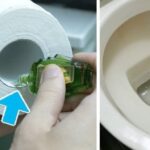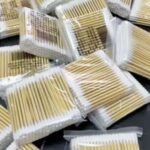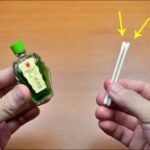Placing soap scraps in the corners of rooms can offer several surprising benefits:
Effective Mosquito Repellent
Mosquitoes carry dangerous diseases such as dengue fever, malaria, and Japanese encephalitis, making their eradication from living spaces a challenge. Soap, especially those with natural fragrances, can be an effective mosquito repellent. By cutting soap into small pieces and placing them in the corners of rooms, the scent will permeate the area, creating an unwelcoming environment for mosquitoes.
You can also mix soap with water and place it in areas where mosquitoes tend to breed. The alkaline nature of soap will cause mosquitoes to perish swiftly when they attempt to lay eggs in this solution. Leaving a bowl of soapy water overnight will result in a noticeable number of mosquitoes floating on the surface. Even if mosquitoes lay eggs in this water, the soap ensures that the eggs will not hatch. Regularly replacing the soap scraps once a month will help keep your living space mosquito-free.
Odor Neutralizer and Air Freshener
Soap has a gentle and pleasant fragrance that can neutralize unpleasant odors in rooms. Placing small pieces of soap in the corners of rooms will release a soothing and refreshing scent. You can also place soap in closets, suitcases, or cars to maintain a fresh-smelling environment in these spaces.
A useful tip is to unwrap the soap, wrap it in a cloth, and then place it in the desired location. This not only preserves the soap but also allows the fragrance to dissipate slowly, prolonging its use.
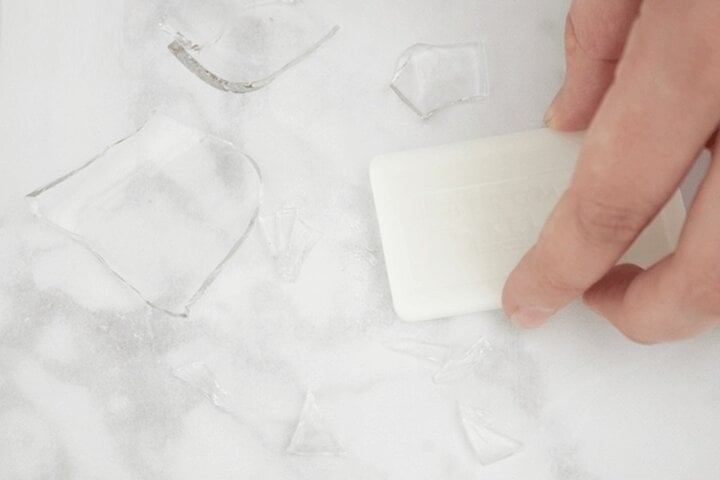
Soap has a gentle and pleasant fragrance that can neutralize odors.
Insect and Pest Repellent
In addition to mosquitoes, soap can also repel other insects and pests like ants and cockroaches. Placing soap scraps in the corners of the house, kitchen, or areas where insects tend to gather will help reduce their presence. The scent and chemical composition of the soap make these areas unattractive to insects.
Additional Tips and Tricks with Soap
Apart from cleaning, pest control, and odor removal, soap can be utilized for numerous other purposes:
Fixing Stuck Drawers and Sliding Doors: If you have a stuck drawer or sliding door, you can use soap as a lubricant. Rub the soap bar along the edges of the drawer or the door’s track to create a thin film that reduces friction, allowing for smoother operation. This trick also works for stuck locks and squeaky hinges.
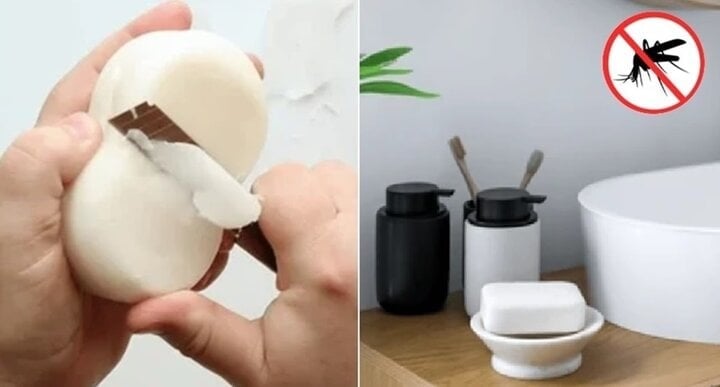
Use soap to lubricate stuck drawers or sliding doors.
Filling Small Holes in Walls: To fill small holes in walls, such as those left by picture frames, use soap that matches the color of your wall. Rub the soap into the hole, then paint over it. This method seamlessly covers the holes without the need for specialized materials.
Preventing Foggy Mirrors and Glass: To keep mirrors and glass from fogging up after a hot shower, rub the dry surface with soap and then wipe it off with a dry cloth. The next time you take a shower, you’ll notice that the mirror and glass remain clear. This trick also works for eyeglasses.
Safely Cleaning Broken Glass: When dealing with broken glass, use a soap bar to gently press on the area. The soap will attract small shards of glass, making cleanup safer and easier.
Locating Punctures in Tires and Inflatables: If you’re having trouble finding a puncture in a tire or an inflatable object, dampen a soap bar and rub it over the surface. The soap will create bubbles where air is escaping, helping you pinpoint the leak.
Making Your Own Liquid Soap: To make liquid soap at home, grate half a bar of soap and mix it with boiling water, stirring until the soap is completely dissolved. Once cooled, add coconut oil, milk, or other natural ingredients to create your preferred liquid soap. Pour the mixture into a bottle and use it like regular liquid soap.
Protecting Furniture: To deter dogs and cats from chewing on furniture, especially wooden legs or surfaces, rub soap on these areas. The taste and smell of the soap will discourage your pets from gnawing on your furniture.
The Mighty Cotton Swab: 4 Surprising Uses for This Household Hero
Introducing the humble cotton swab, a versatile tool that goes beyond simple ear cleaning. There’s more to this handy item than meets the eye. From precision tasks to creative endeavors, cotton swabs have a myriad of uses that can make your life easier. Let’s explore the unexpected ways this simple invention can enhance your daily routine and unlock a world of convenience.
“The Ultimate Mosquito Repellent: A Good Night’s Sleep Guaranteed”
Sure, I can assist you with that!
“Craft your very own mosquito repellent and place it in the corners of your room this summer! Say goodbye to pesky mosquitoes and hello to a peaceful night’s sleep. With just a few simple, natural ingredients, you can create an effective barrier against these irritating insects.”


